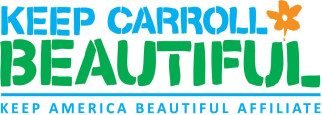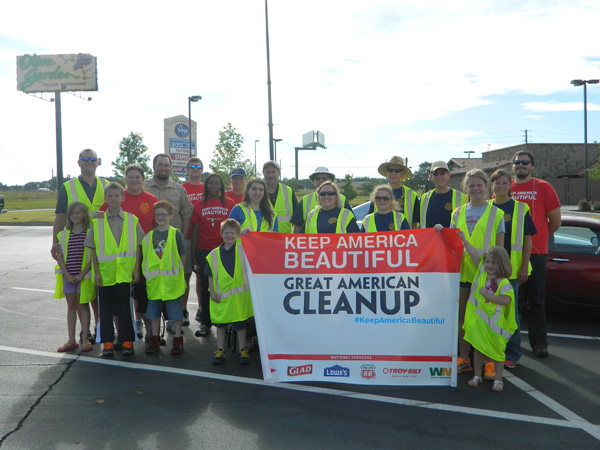Knowing more about litter is the first step to a cleaner community!
Litter just doesn’t appear – it’s the result of careless attitudes and waste handling. Is there anything you can do? Knowing more about litter and where it comes from is a good place to start.
Why People Litter
Research has shown that the behavior trait of littering is complex and can be attributed to a variety of sources, including deliberate tossing of litter from vehicles, accidental litter from items blowing out of vehicles or from unsecured loads, and litter left behind by pedestrians.
One thing research has proven is that it is tough to label an individual as a “litterer.” One may litter in certain situations, but not in another. Littering is not a consistent behavior. Individuals can be influenced by a number of factors, including a belief that an item is not litter (such as a cigarette butt or banana peel), laziness, perceived lack of consequences for their actions, seeing litter already in a given area, or a lack of trash receptacles.
Recent research conducted by Keep America Beautiful finds that 81 percent of litter is intentional, typically occurring in places where litter has already accumulated. The remaining 19 percent of litter comes from debris blowing out of the backs of pickup trucks or other types of unsecured loads. Whether intentional or accidental, all litter is preventable.
“Litter- known” Facts
Motorists and pedestrians are often blamed for litter. There are actually seven primary sources:
- Household trash handling and its placement at the curb for collection
- Dumpsters used by businesses
- Loading docks
- Construction and demolition sites
- Trucks with uncovered loads
- Pedestrians
- Motorists
Litter is blown about by wind and traffic or carried by water. It moves until trapped by a curb, building, or fence. Once litter has accumulated, it invites people to add more.
Litter and Your Taxes
Litter is a costly problem. Highway departments spend millions of tax dollars and many hours annually picking up litter – money and time needed for more important services. Local, state, and federal governments also spend money removing litter left by careless park visitors.
Clean communities also have a better chance of attracting new businesses than those where litter is common.
What Can I Do?
Set an example for others, especially children, by not littering.
Carry a litter bag in your car.
Make sure trash cans have lids that can be securely fastened.
If you have curbside trash collection, don’t put out loose trash in boxes.
Tie papers in a bundle before placing them in a curbside recycling bin.
If you own a business, check dumpsters daily to ensure that the top and side doors are closed.
If you or a member of your family is involved in civic group, scouting, or recreational sports program, encourage the group to “adopt” a spot in your town and maintain it on a regular basis.
Make litter bags for your bicycle and give them to your friends too.
Report areas where people have illegally dumped garbage and debris to your local highway, public works, or conservation office, and ask that the material be removed. Volunteer to help organize and clean up
If you smoke, carry a portable ashtray to dispose of cigarette butts properly. (KCB has these available for free!! Just ask!)
Can I do More?
Ask the organizers of a festival, fair, or other outdoor event in your community to make it a “litter-free” event. This can be done by giving out litter bags at entrances and making sure that everyone who attends knows that it is a “litter-free” day. Affiliates of Keep America Beautiful have organized litter-free concerts, fairs, and minor-league baseball games.
Cover open loads on all trucks.
If you are a contractor, ask your chapter of the National Association of Home Builders about the “Build America Beautiful” program
Encourage a school to start a “clean campus” program. This could include placement of trash receptacles, litter pick-ups, and projects in which students track litter’s origins
Ask marina operators if your Boy or Girl Scout troop or civic group could pass out litter bags to boaters. Public boat ramps are also good spots to give away litter bags.

